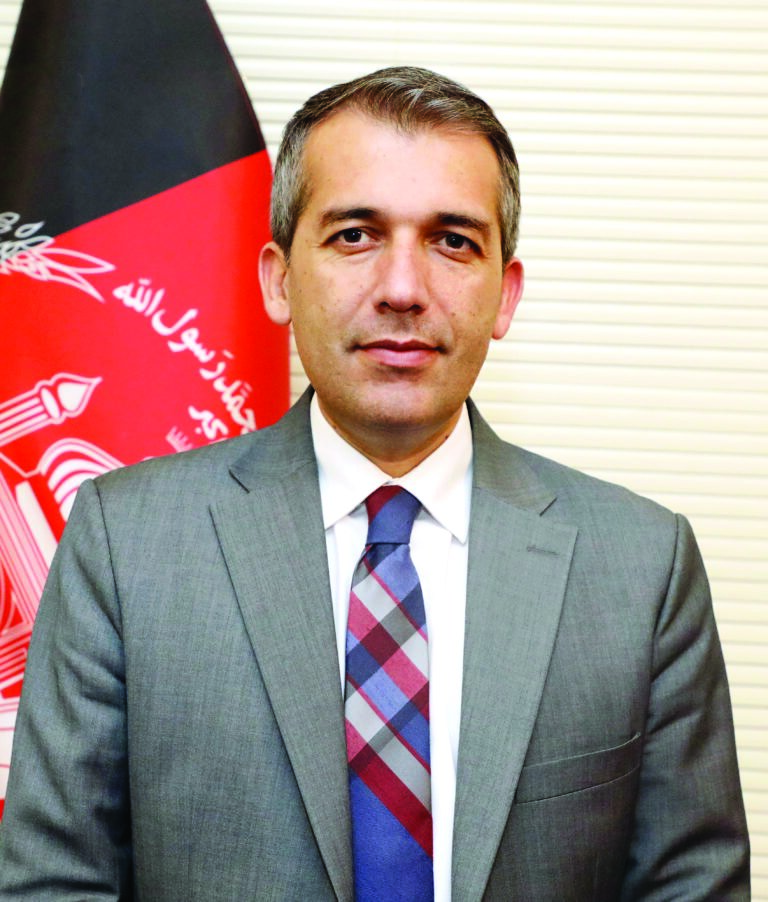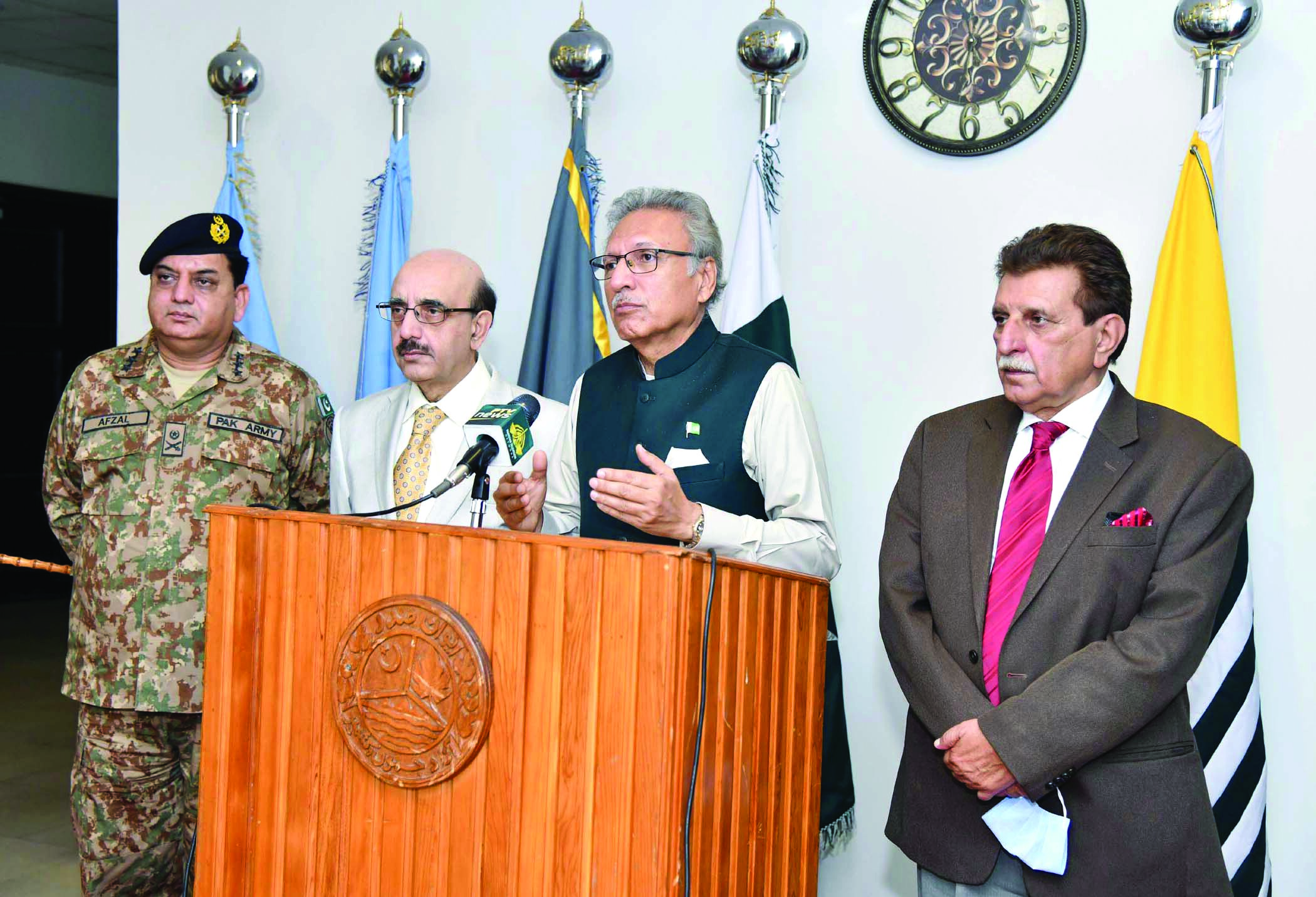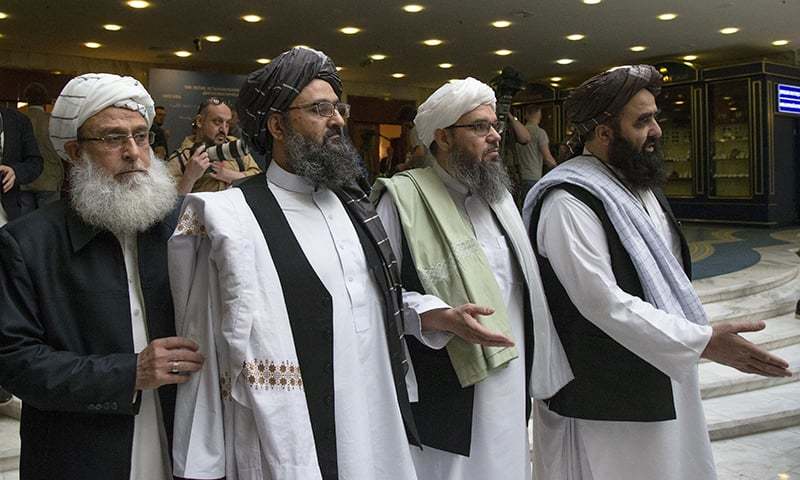Nearly six years on, the Indo-US civil nuclear agreement remains a controversial arrangement. As America, the leading proponent of nuclear non-proliferation (NPT) entered into Agreement 123 with a non NPT state, it threw-up a whole range of irreconcilables. Of these, one is India’s relationship with the Nuclear Suppliers Group (NSG). Additional Protocol between India and the IAEA providing cover to US- India Agreement 123 is the most lax instrument when compared with such arrangements between the IAEA and other countries. Nonproliferation constituency in the international community has never been comfortable with the arrangement, which gives India wide ranging access to sensitive technology and allows it to buy nuclear fuel from the international market without being duly accountable in the context of nonproliferation. The Nuclear Threat Initiative’s (NTI) Nuclear Security Index 2014 has clubbed India along with countries that have extremely poor track record in nuclear security.
Nuclear Suppliers’ Group (NSG) is a 48-nation body established 40 years ago to ensure that civilian trade in nuclear materials is not diverted for military purposes. Interestingly, NSG was created in reaction to India’s first nuclear test in 1974. This test became possible only due to clandestine diversion of materials and equipment acquired from Canada and the United States purely for peaceful purposes. For this illicit act, India was barred for many years from nuclear trade by the United States and other major states.
NSG is contemplating its expansion. Both India and Pakistan are seeking the group’s membership. In the nuclear realm, both Pakistan and India share a number of common features like: both are nuclear weapon states. are non-members of NPT and CTBT. since 1998 both are abiding by their unilateral moratorium on nuclear testing, are proponents of global disarmament, their force goals are governed by minimum credible deterrence, both have a potent nuclear regulator and stringent export control regimes, etc. Moreover, both counties have evolved a number of bilateral CBMs related to nuclear and missile activities, like advance warning of nuclear test and missile launch, and annual exchange of list of nuclear installations etc. Membership would greatly enhance the acceptance of these two countries as nuclear weapons states and give them a say in how countries should conduct trade in nuclear-related exports. Moreover, both will stand answerable to NSG for their conduct on nuclear trade.
Therefore, any criterion based expansion of the group would mean simultaneous entry of both the countries. Any country specific effort to have India in and Pakistan out will render the group dysfunctional and ineffective. That’s why Pakistan is pursuing for a non-discriminatory criterion based approach for the expansion of NSG. Giving India membership and denying it to Pakistan would be discriminatory and would not serve global non-proliferation and other strategic objectives; moreover, it could throw-up a number of operational and functional lacunae which shall be difficult to reconcile. India already has a partnership arrangement with the NSG, and grant of membership to India alone would elevate its status disproportionately. Moreover, since the group operates on consensus, membership would give India a perpetual veto over any future decisions involving Pakistan.
In 2005, United States had signed Agreement 123 with India for civil cooperation in nuclear technology; and has ever-since been ignoring similar requests from Pakistan. America was so eager to use the agreement as the centerpiece of a new India-America relationship that it deliberately cut a weak deal; for example, India did not have to limit its nuclear weapons, stop producing bomb-making material or forsake nuclear testing. Now America and other Western powers are focusing on winning Indian defence and nuclear energy related contracts and for this reason, once again expediency is replacing the rationale.
So far, NSG is divided over establishing closer ties with India. Its annual meeting has recently concluded; India’s membership issue was discussed with no clear answer. Some countries, including the US, UK, France were supportive of India’s membership, while equally important countries including China were opposed to the Indian membership issue. Earlier NSG debates on this issue have also highlighted divisive views amongst the members.
While ignoring the voices of dissent over its Agreement 123 with India, Washington had gone even a step further, and accrued a country specific NSG waiver. On the basis of this waiver, India has signed civilian nuclear cooperation agreements with over a dozen countries including Australia, France, Canada, Russia, Kazakhstan, South Korea etc. Most of these agreements focus on procurement of Uranium by India. This is contrary to the spirit of the little known Barrack Obama amendment to India-US Agreement 123 that restricts that supply of nuclear fuel to India should be proportionate to the legitimate requirement of Indian nuclear power plants.
Recent reports suggest that India is set to produce more HEU than needed for its naval propulsion purposes and this could be diverted to an unmonitored thermonuclear weapons programme. Last month’s IHS Jane’s Intelligence Review, the Stockholm International Peace Research Institute (SIPRI) and the US-based Institute for Science and International Security (ISIS), have almost simultaneously reported India’s plans for a new uranium enrichment facility, ostensibly aimed at expansion of its naval capacity, reports also indicated Indian intent to pursue a thermonuclear route to boost its nuclear weapons capability.
It is commonly agreed by most experts that deviation from a criteria-based approach is more likely to undermine the credibility of the NSG. Furthermore, beside the principle of equity, the question of expansion will have to be decided from the perspective of the NSG remaining fundamentally committed to the goals of the NPT. The existing expansion criteria demands adherence to the NPT or a nuclear-weapon-free-zone treaty, capability to supply the goods listed in the NSG guidelines and the ability to ensure implementation of nuclear export control regimes in compliance with the NSG rules. As of now, India does not meet most of these conditions. From the NSG’s perspective, advantages of Indian membership would be the integration of an important potential exporter into its regime and that many other countries may also profit from India’s nuclear market; however, this is true for Pakistan as well.
Admission to the group should be based on some consistent criteria. If India wants to be part of the NSG, it should sign the CTBT, stop producing fissile material, and begin talks with its rivals on nuclear weapons containment. One way to do that would be by opening negotiations with Pakistan and China to end the dangerous regional nuclear arms race. Pakistan has already proposed a “Strategic Restraint Regime” covering nuclear as well as conventional domains. The strategic equilibrium, established by the 1998 nuclear tests carried out by both countries, stands undermined by a number of global and regional developments. These include: the Indo-US civilian nuclear deal; country specific exemption for India by the NSG, and consequent fuel supply agreements; India’s inclination towards dangerous war fighting doctrines under various brands; efforts to enlarge and augment its nuclear triad; developing ballistic missile defence (BMD) shield; and enhancing its submarine-launched and intermediate range missile capabilities.
Grant of NSG membership to India while by-passing Pakistan would have predictable outcome: emboldening India to significantly expand its nuclear arsenal and capabilities and also turn down any meaningful disarmament/arms control offers from Pakistan. This could lead to an open-ended nuclear arms race in South Asia.
From a non-proliferation perspective, India’s inclusion in the NSG seriously threatens the credibility of the NSG, particularly given the irony of adding a member whose action was the very impetus for the body’s creation. Acceptance of India alone would permanently preclude later admission of Pakistan, as Delhi is most likely to vote against Islamabad’s entry.


